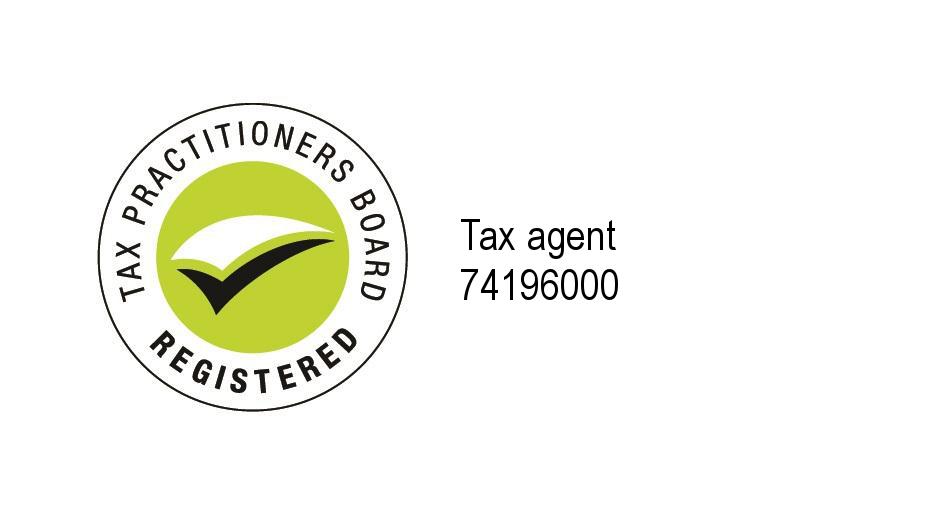ATO data matching has always existed. The most-used data matching product is the pre-filling report, which is helpful in ensuring that tax returns are accurate.
Increasingly, the ATO has been using data matching to find inconsistencies in tax returns with it now being the source of information for quite specific reviews of taxpayers. Of more concern is that, in some cases, this approach seems to be focussed only on whether there is a technical breach of a tax law, with no consideration made of whether there has been any real tax mischief.
Examples of transactions which are being reviewed include:
- A minimum loan repayment for a complying loan made to an individual which was intended to be repaid by way of set-off of a dividend paid to a non-shareholder (being a trust and via a tripartite assignment of the dividend debt), but the dividend resolution does not indicate that is how the dividend was to be paid and no assignment documentation has been prepared;
- Trusts managed by a married couple have FTEs for both individuals, causing two family groups to exist, with the ATO taking the view that any distribution from one trust to the other exposes the trusts to family trust distributions tax;
- Salaries paid to directors being treated by the ATO as deemed Division 7A dividends as no specific resolution of the company was made which authorised the payment of the salaries; and
- A depreciating asset bought by one entity was paid for by a related entity without any documentation about the payment arrangements, with the ATO arguing the owner has acquired the asset from the related entity such that the temporary full expensing is unavailable.
In many of the above cases, the taxpayer group has always been run for a single family. The tax exposure has arisen due to a lack of a resolution, or where one of the group entities does not have a bank account so funds have been paid on its behalf by a related entity but without related documentation put in place. Arguably, it has not arisen from any intention to gain a tax advantage. These examples give the impression that the ATO is attacking the form of a transaction without considering the substance of the arrangement or whether there is a genuine tax mischief which has occurred. It is expecting a full document trail such as might exist in third party dealings and raising amended assessments where that documentation is deemed insufficient. In other words, taxpayers are being reviewed, and are receiving adverse assessments, merely because their paperwork is not perfect.
In the meantime, some of the core parts of the taxation administration system are moving so slowly that there are real and negative impacts for taxpayers and tax agents. Objections are taking a long time to be reviewed (5 1/2 years in the recent WYVW case, and commonly over six months). Our current experience is that private ruling requests take five months to be assigned, let alone completed. The new client on-boarding system for tax agents is not operating smoothly.
These sorts of delays in areas which are fundamental to tax administration have been in the system for some years now and make it very hard for taxpayers to manage their own tax affairs. The time required to obtain advice from the ATO on how to treat a transaction means advice cannot be obtained before lodgement deadlines. It doesn’t take much imagination to guess at the reaction of a taxpayer who can’t obtain timely advice from the ATO, who then down the track gets penalised for their less than perfect documentation on the same transaction. Surely it would be good administration if the ATO put more resources into fixing the fundamentals so that taxpayers can get the advice they need in a timely fashion as this would reduce errors and save taxpayers from being penalised for simple mistakes which could have been caught before lodgement.
——-
![]()
Found this article insightful? Subscribe to our newsletter “The Assessment” and receive more articles like this every month!
![]()
Need more advice? Contact us via email or on 03 8662 3200



